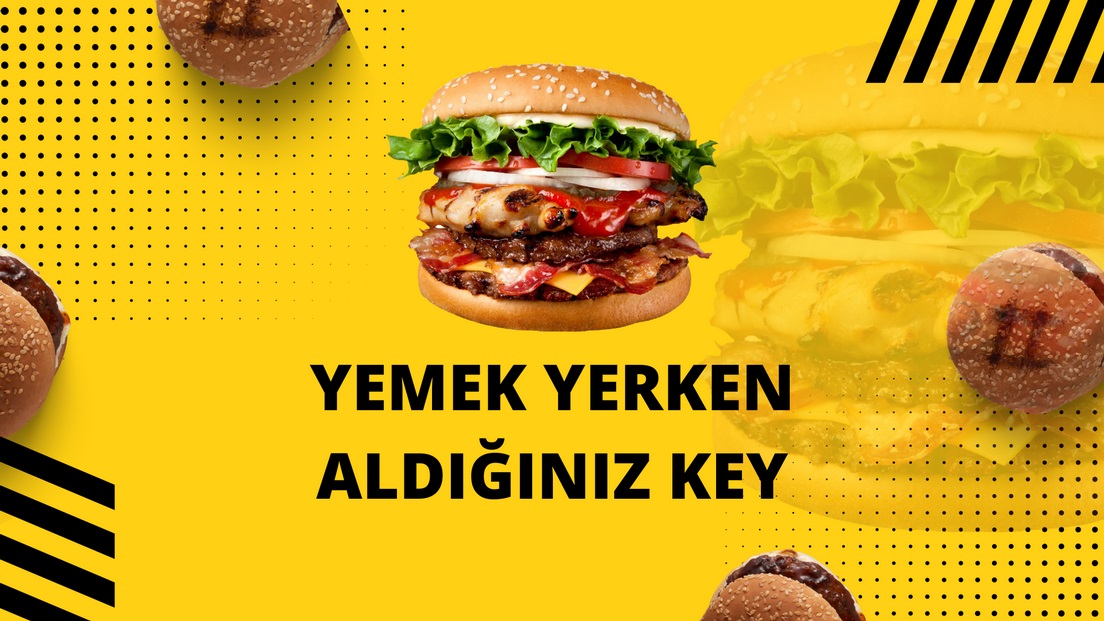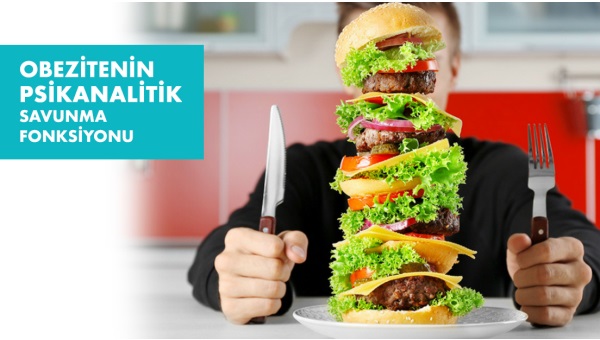
Do you experience feelings of pleasure and pleasure while eating accompanied by feelings such as regret and guilt after eating?
Where our psyche is stuck, we are faced with emotional eating. Usually, in such cases, we eat to get some relief from the negative emotions created by unresolved problems, stressful and traumatic life events. However, the pleasure and happiness of eating soon leaves its place to feelings such as regret and guilt, and we are left with the fact that the emotions we tried to get rid of at first do not disappear but continue their entire existence.
How Can We Distinguish Emotional Hunger from Physiological Hunger?
While physiological hunger occurs over a period of time, emotional hunger often comes on suddenly.
While there is a feeling of satiety after food consumption in physiological hunger, it is relatively difficult to reach the feeling of satiety in emotional hunger.
In physiological hunger, there is an awareness of the foods consumed, while in emotional hunger there is "binge eating" without knowing what you are eating.
While there is a feeling of satisfaction after eating in physiological hunger, feelings such as regret and guilt dominate after eating in emotional hunger.
While you can stop yourself in physiological hunger, the feeling of control in emotional hunger pushes the person even more.
Why do we need emotional eating behavior?
The only area in which man is in control of himself is his own body. Whatever we do, he gives us, we become what we do. An emotional hunger-based eating behavior emerges and is shaped by the desire to control negative emotions. Intense negative emotions are triggered in moments of feeling, and when alone there is a tendency to go unnoticed. After the eating behavior, the person feels weak, unsuccessful, worthless, inadequate and loses his dominance over the emotions he tries to control.
Emotional eating and dieting
People with Emotional Eating problems often have a history of dieting. The person is so focused on self-control that he or she may be at the point of not being able to realize whether he is dieting voluntarily or "as it should be". One of the reasons dieting often doesn't work is that the main problem is not eating or losing weight. The person clings to food for emotional reasons that he cannot resolve.
Instead of suppressing our emotions, trying to change them or running away from them, listening to our emotions and focusing on what they want to tell will help us to process them more healthily. Recognizing, accepting, making sense, expressing are the basic components of the process that will reduce the need for emotional eating behavior.
Continuing by ignoring the situations that are a problem for you and disturbing you in life, or thinking about creating new ways for yourself. Which one makes you feel closer?
- Tags;
- food







